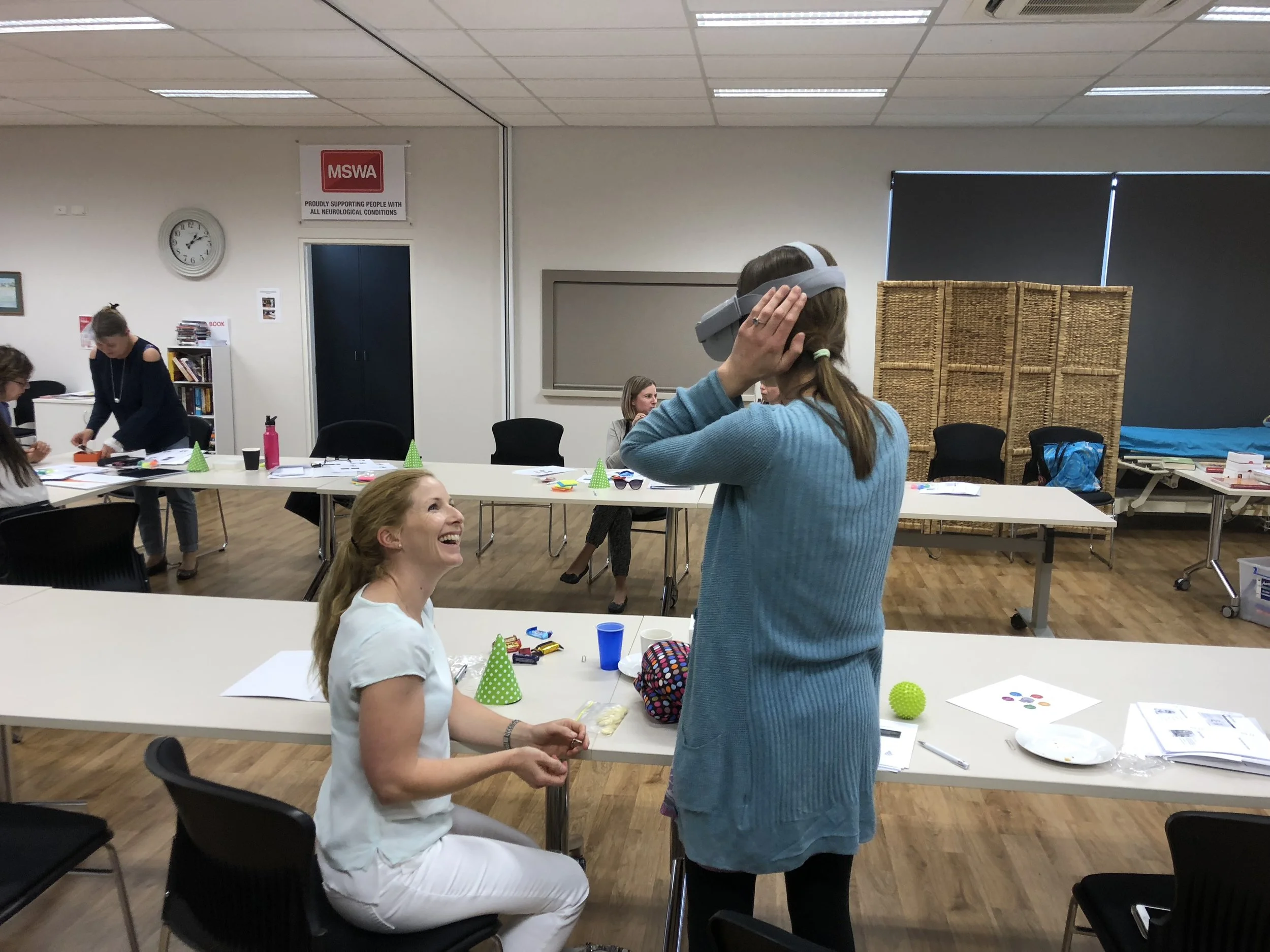Migraines are many things, they come in many different forms, frequencies and severities. Migraines come with many stories, and are often laden with the fears of ‘the next bad one’ or the dread that ‘they will never ever go away’.
The experience of a migraine is a completely subjective one, it is unique to the person, and like any complex pain experience, it is shaped by the things we think, feel, and do, and by the memories of previous experiences – along with all of the physiological happenings inside your body, and your brain, in the phases before, during and after the migraine.
Read More




















